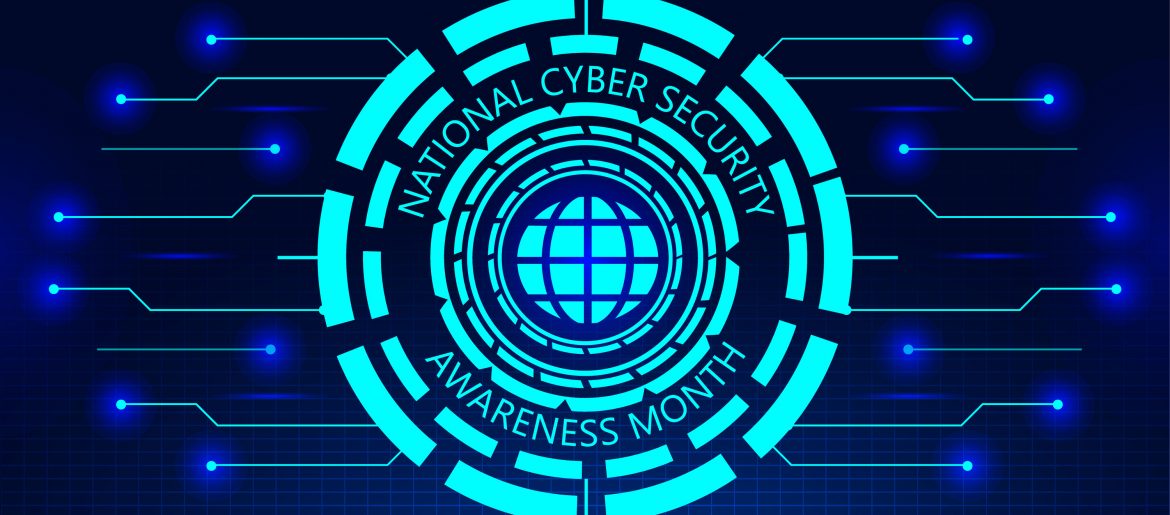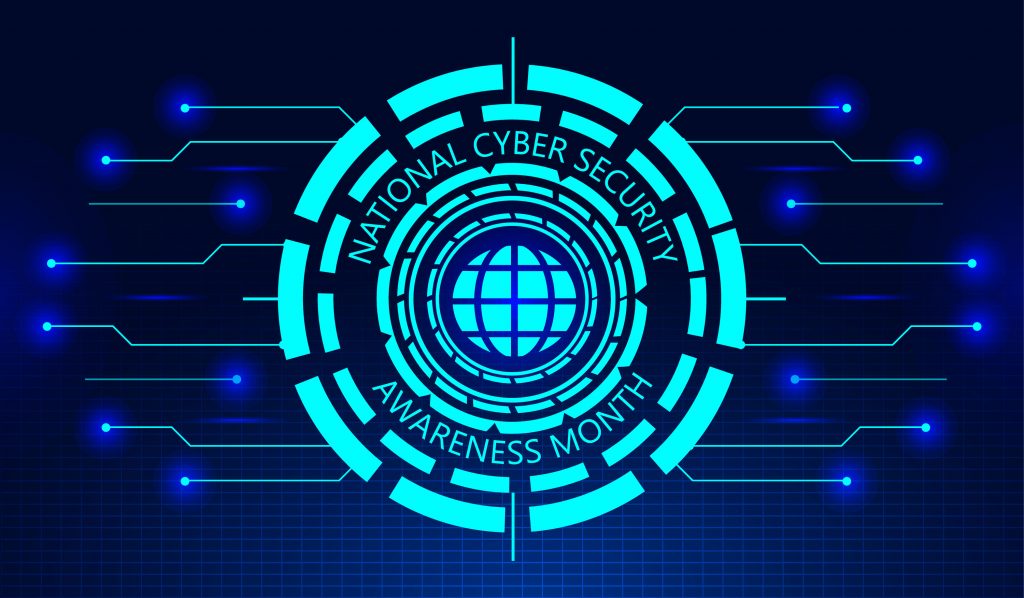

Conducting ongoing cybersecurity training for your employees is more than just an IT security best practice. It is something that can save you from a costly and devastating data breach.
Research shows that when employees are well-trained in cybersecurity, a company’s risk of becoming a victim of an attack can go down by as much as 70%.
October is Cybersecurity Awareness Month and a perfect time to give your awareness training program an injection of fresh content. The Cybersecurity & Infrastructure Security Agency (CISA) website includes multiple resources and tip sheets that you can use for your business.
We have chosen some of the best tips to share below. Feel free to share these with your team to improve their cyber awareness and keep your business better protected from phishing, ransomware and other online attacks.
Phishing Identification Tips
In the last 12 months, 73% of surveyed organizations suffered data breaches that were caused by phishing attacks.
Phishing is the number one cause of data breaches and malware attacks and it is directly targeted at employees. Being able to spot a phishing email is a vital skill that every user needs to have.
Tip #1: Think Before You Act
Phishing emails often use emotional triggers like anger and fear to get a user to click a link before they have a chance to look at the email more thoroughly. Before you take any kind of action on an email, stop and think first.
Thoroughly examine the email and be especially suspicious if the message prompts an initial emotional reaction. Detach from that and analyze it further for signs of phishing.
Tip #2: Beware of Hyperlinks
Hyperlinks may not initially seem dangerous to a user. However, they are now used more in phishing emails than file attachments. Hyperlinks can take users to dangerous sites that immediately inject malware as soon as the page loads. They can also lead to spoofed login forms designed to steal credentials.
Always hover over any hyperlinks you receive in an email or online message to see if the URL matches what the message says it should be.
Tip #3: Keep Your Antivirus/Anti-malware Updated
It is important that all devices you use (PCs and mobile devices) have a reliable antivirus application installed and that you keep it updated regularly. This will help protect against infections from viruses, ransomware and other forms of malware that are delivered via phishing.
Tips for Creating Secure Passwords
Compromised passwords have become the main cause of data breaches and are now responsible for 20% of breaches globally. Users must stay vigilant about creating strong passwords (even if the number of logins they have continues to increase).
Tip #4: Use a Passphrase Instead of a Single Word
A longer password means that it is harder to hack. Users usually create weak passwords because they need something that they can remember. Using a passphrase can help users make stronger passwords that are still easy to remember.
Just use a string of words like a lyric from your favorite song (without the spaces) as a passphrase rather than using a single password.
Tip #5: Use Creative Spelling & Character Substitutions
You can create better passwords that are harder to hack by purposely misspelling some of the words or using character substitutions. For example, use home%lone instead of “homealone”.
Tip #6: Double Up On Security with MFA
With an effectiveness rate of 99.9%, multi-factor authentication (MFA) is the best way to protect your account logins. Enabling MFA on all of your online accounts can keep you protected even if a hacker manages to get your username and password. It is well worth the additional few seconds to log in for the boost in security.
Protecting Your Digital Home
Homes have become the new business office due to the pandemic. It is vital that remote workers are trained in how to properly secure their at-home workspace.
Tip #7: Secure Your Home Wi-Fi
Home Wi-Fi is generally less secure than business Wi-Fi. This is primarily because users don’t know what to do to make their router more secure.
Make sure that you change the default username and password on your router and enable MFA if available. Setting up a guest Wi-Fi to connect only your business devices can further increase security.
Tip #8: Keep All Devices (Including IoT) Updated
Hackers often exploit newly discovered vulnerabilities in devices. Once they get into one they can then hack into other devices on the same network.
You should keep all of your home devices updated regularly so that any newly issued security patches are applied. This includes computers, routers and any other internet-connected devices.
Tip #9: Improve Data Security by Using a VPN
A Virtual Private Network (VPN) application encrypts your traffic even if the Wi-Fi that you’re connected to is public or unsecured. VPNs are becoming the norm now for work-from-home staff. They’re easy to use and provide an important data security safeguard.
Get Comprehensive Cybersecurity Support & Monitoring
It only takes one lapse to cause a major data breach at your office. Sound Computers can work with your Connecticut business to shore up your cybersecurity defenses and automate security solutions.
Contact us today to schedule a free consultation. Call 860-577-8060 or reach us online.
